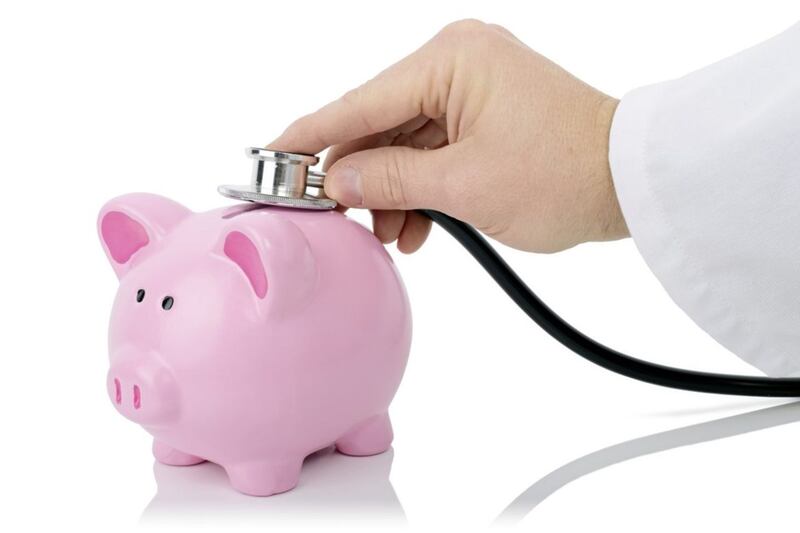THE new year has finally arrived, and what better time to step back and do a general financial health check to fine-tune your arrangements for 2017.
Here are a few ideas for areas you could benefit from checking on, as we progress through January. Let’s start with pensions.
This year, the pensions company Aon plc published the Defined Contribution Member Survey which estimated that only 16 per cent of the 8.1 million people contributing into a Defined Contribution (DC) pension scheme are saving enough to maintain their standard of living, when they retire.
Making sure you are aware of how much you need to be saving would be a good first step, but it’s equally important to ensure that what you have saved is efficiently invested.
This is because your pension company does not simply hold your savings, it invests them in the stock market via a large range of investment funds.
However, not all of those funds are, at any given moment, achieving good performance levels, compared to the benchmark against which they are measured.
It’s important to have your financial adviser check the funds your pension scheme is using, because if one fund is going through a bad patch, you can switch our money into a better performer. It’s a matter of achieving stronger growth in your pension, growth you might have missed out on otherwise.
The investment research company Bestinvest monitors these funds. It listed 30 underperforming funds in its latest report, which it calls ‘dog’ funds, and includes some of the largest funds in the country. Between them the 30 funds account for £18 billion.
On the savings front this year, it may be worth paying some attention to your use of your Individual Savings Account or Isa, or if you don’t yet have one, consider setting one up.
Savings in an Isa have a significant tax advantage, in comparison to standards savings accounts. Again, it’s growth that is there for you – you just need to take it up.
The limit for the 2016/2017 tax year is £15,240 and is the maximum amount you can deposit into your ISA. For the 2017/2018 tax year this limit will increase to £20,000.
If you have a nest egg elsewhere, it may make sense to use up your Isa allowance, before the end of the current tax year in April 2017.
In terms of insurance products, Aviva told us this year that only four out of 10 families have life insurance in place.
Also, as we discussed last week, this could be year for you to insure your financial wellbeing by taking out a critical illness insurance policy.
Since its introduction in 1983, critical illness insures you against being struck down by the ‘core conditions’ of cancer, stroke, heart attack, tumour, and MS, as well as major heart surgery.
But in the 33 years between, critical illness policies have become much more sophisticated, to the point where they now cover an average of 34 diseases – with some covering many more than that.
However, Aviva says the number of families with critical illness cover or income protection is just 12 per cent and 8 per cent respectively.
And while we’re speaking of popping your clogs, Which? magazine reminded us this year of the importance of having a will in place, to ensure that your estate is administered in keeping with your wishes, when you go.
Which said that 10 per cent of people who have already made a will are not confident that it is in a place where it is safe from destruction.
Dying with no last will and testament in place is called dying intestate. In this event the state steps in to administer your wealth according to intestacy law.
While this is broadly speaking fair and logical, it may not be exactly in keeping with your wishes.
Only making a will and keeping it in a safe place can ensure you house and assets are administered exactly as you wanted, when you die.
:: Michael Kennedy is an independent financial adviser and pensions specialist, and can be contacted on 028 71886005




